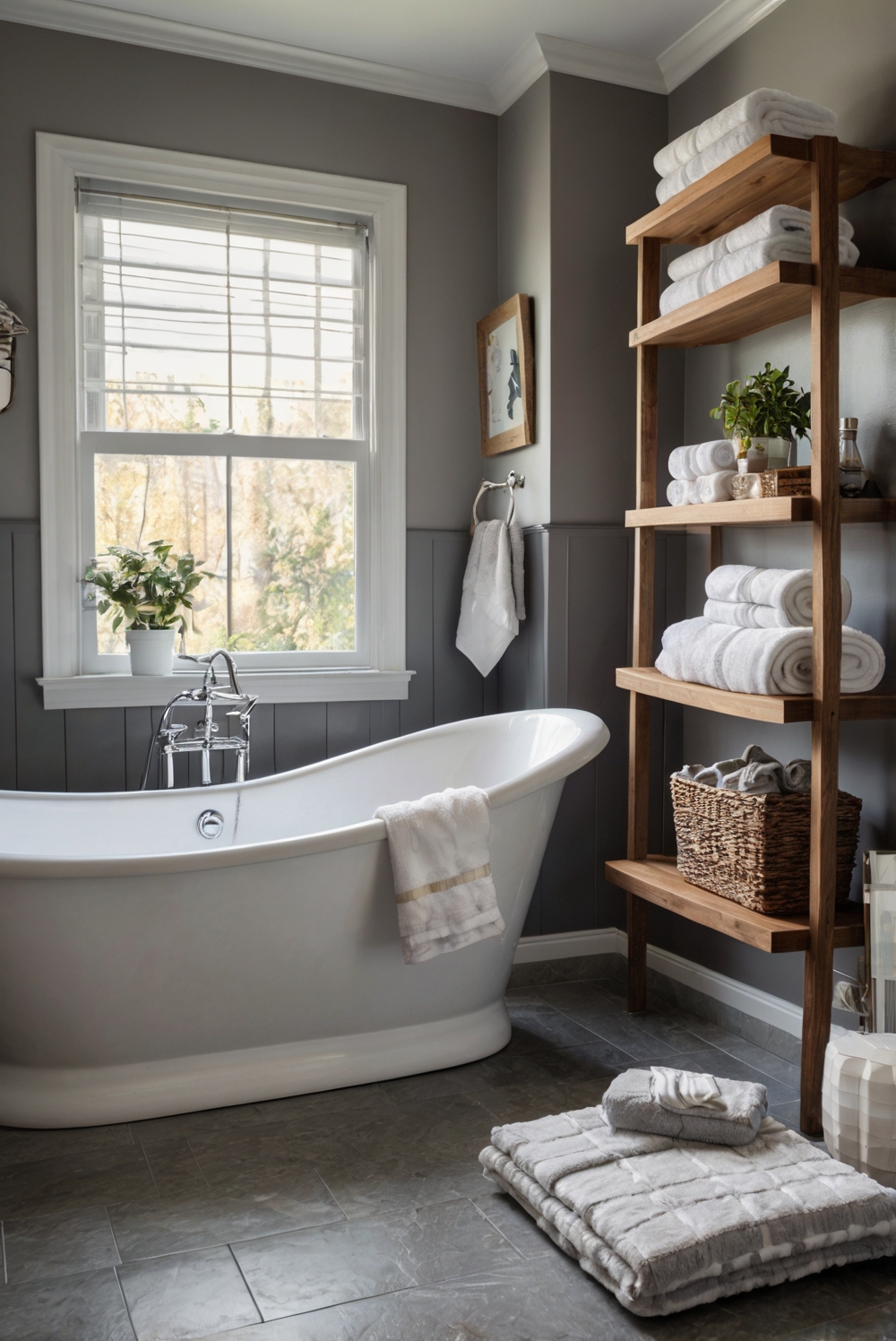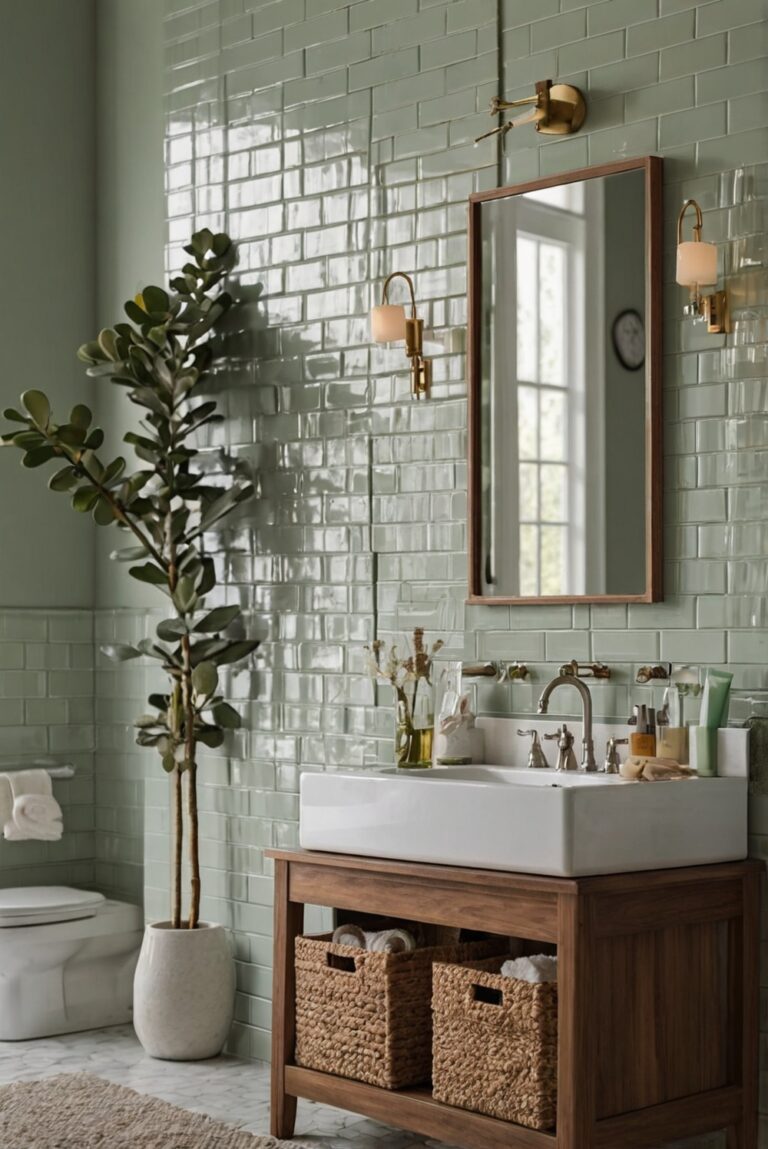Join me for a daily interior designer routine featuring decor inspiration. Are you wondering, is not letting a kid go to the bathroom illegal? Let’s explore together!
‘is not letting a kid go to the bathroom illegal’ Question
Is Not Letting a Kid Go to the Bathroom Illegal?
Yes, not allowing a child to use the bathroom can be considered a violation of their basic rights and can potentially lead to legal consequences. When it comes to home decor and interior design, it is important to consider the functionality of every room, including the layout and accessibility of bathrooms. Proper space planning ensures that all areas of the home are functional and safe for everyone, including children. When designing interiors, particularly bedrooms and kitchens, make sure there is easy access to bathrooms to accommodate the needs of children. Utilizing designer wall paint and selecting home paint colors carefully can enhance the overall look and feel of the space while creating a welcoming environment. Ensure that the primer paint for walls is of high quality to achieve a durable finish. Color matching painting can be a fun way to tie in different elements of design throughout the home. Stay organized by creating a design plan that includes all necessary elements such as kitchen designs, living room interior, and bedroom design. By focusing on these aspects, you can create a stylish and functional home interior that caters to the needs of every family member.
Is not letting a kid go to the bathroom illegal?
It is important to note that not allowing a child to use the bathroom when needed can have serious consequences and may even be considered illegal in certain situations. When a child is denied access to the restroom, it can lead to physical discomfort, emotional distress, and potential health issues.
Legal perspective on denying bathroom access to a child
From a legal standpoint, denying a child access to the bathroom can be viewed as a form of neglect or abuse. In some jurisdictions, it may fall under child welfare laws or regulations that protect the well-being of children. The denial of basic human needs, such as using the restroom, can be considered a violation of a child’s rights.
Consequences of not allowing a child to use the bathroom
The act of not allowing a child to go to the bathroom can result in various negative outcomes. Children may experience physical discomfort, such as urinary tract infections or bladder issues, from holding in their urine for extended periods. Additionally, they may feel embarrassed, anxious, or ashamed if they are forced to wait too long to use the restroom.
What to do if a child is denied access to the bathroom?
If a child is being denied access to the bathroom in a school setting, it is essential to address the issue promptly. Parents or guardians should communicate with school officials to ensure that their child’s basic needs are being met. If necessary, legal action can be taken to protect the child’s rights and well-being.
Steps to take to prevent bathroom restrictions for children
It is crucial to establish clear guidelines and policies regarding restroom access for children in various settings, such as schools, daycare centers, or public facilities. Educating adults about the importance of allowing children to use the bathroom when needed can help prevent instances of denial or restriction. Creating a supportive and understanding environment for children to express their needs is key to promoting their overall well-being.







